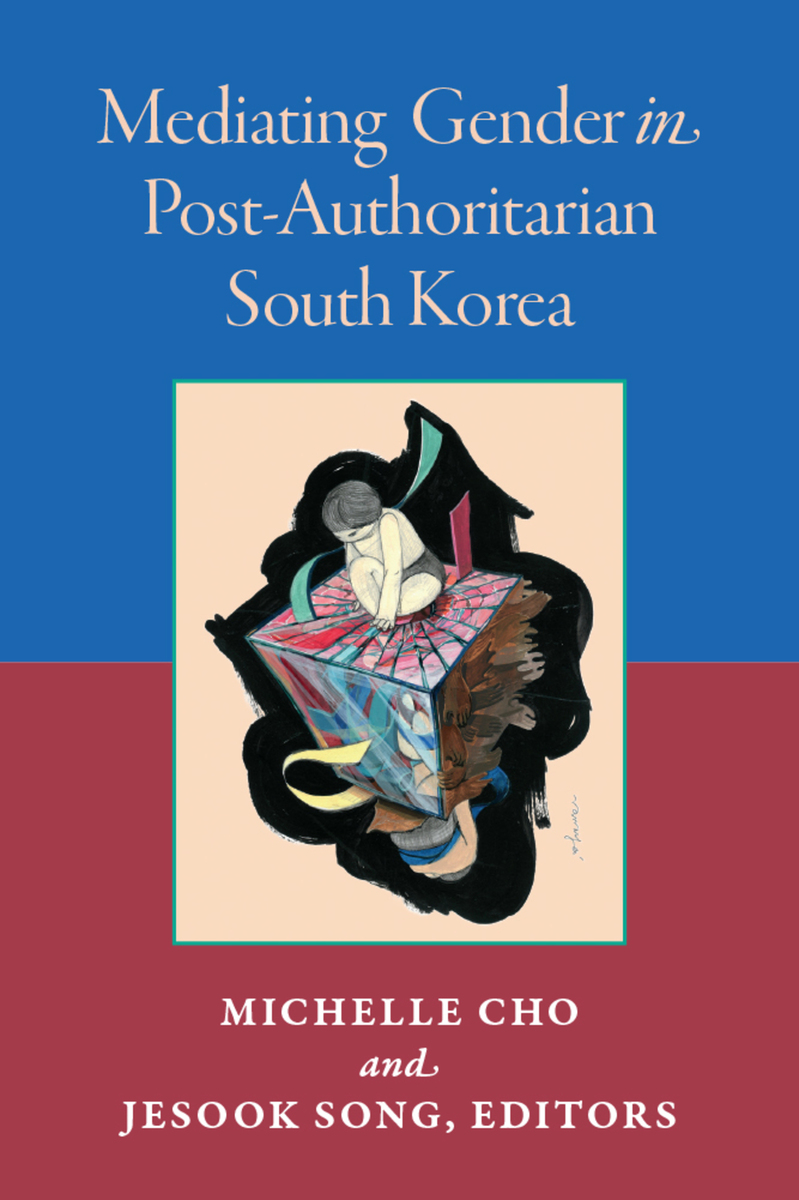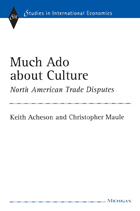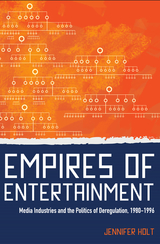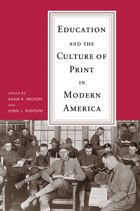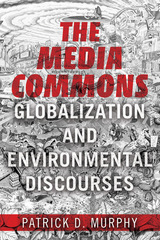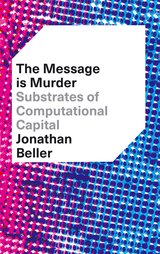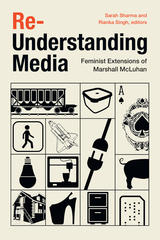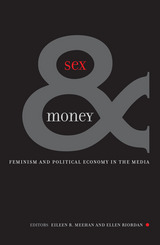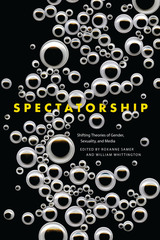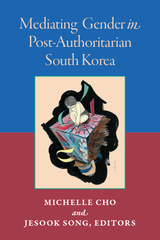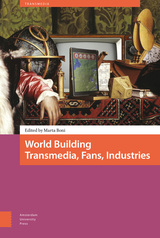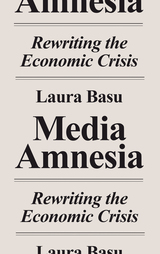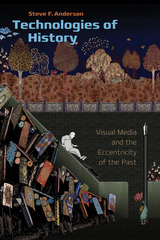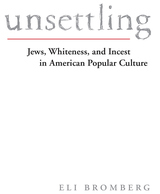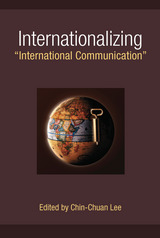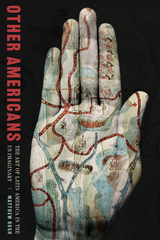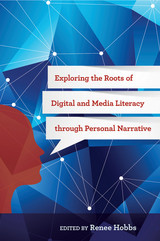Mediating Gender in Post-Authoritarian South Korea
University of Michigan Press, 2024
Cloth: 978-0-472-07666-6 | Paper: 978-0-472-05666-8 | eISBN: 978-0-472-90437-2
Library of Congress Classification P96.G442K664 2024
Dewey Decimal Classification 302.2308
Cloth: 978-0-472-07666-6 | Paper: 978-0-472-05666-8 | eISBN: 978-0-472-90437-2
Library of Congress Classification P96.G442K664 2024
Dewey Decimal Classification 302.2308
ABOUT THIS BOOK | AUTHOR BIOGRAPHY | TOC | REQUEST ACCESSIBLE FILE
ABOUT THIS BOOK
Mediating Gender in Post-Authoritarian South Korea focuses on the relationship between media representation and gender politics in South Korea. Its chapters feature notable voices of South Korea’s burgeoning sphere of gender critique enabled by social media, doing what no other academic volume has yet accomplished in the sphere of Anglophone studies on this topic. Seeking to interrogate the role of popular media in establishing and shaping gendered common sense, this volume fosters cross-disciplinary conversations linked by the central thesis that gender discourse and representation are central to the politics, aesthetics, and economics of contemporary South Korea. In the post-authoritarian period (the late 1980s to the #MeToo present), media representation and popular discourse changed the gender conventions that are found at the core of civic, political, and cultural debates.
Mediating Gender in Post-Authoritarian South Korea maps the ways in which popular media and public discourse make the social dynamics of gender visible and open them up for debate and dismantling. In presenting innovative new research on the ways in which popular ideas about gender gain concrete form and political substance through mass mediation, the book’s contributors investigate the discursive production of gender in contemporary South Korea through trends, tropes, and thematics, as popular media become the domain in which new gendered subjectivities and relations transpire. The essays in this volume present cases and media objects that span multiple media and platforms, introducing new ways of thinking about gender as a platform and a conceptual infrastructure in the post-authoritarian era.
Mediating Gender in Post-Authoritarian South Korea maps the ways in which popular media and public discourse make the social dynamics of gender visible and open them up for debate and dismantling. In presenting innovative new research on the ways in which popular ideas about gender gain concrete form and political substance through mass mediation, the book’s contributors investigate the discursive production of gender in contemporary South Korea through trends, tropes, and thematics, as popular media become the domain in which new gendered subjectivities and relations transpire. The essays in this volume present cases and media objects that span multiple media and platforms, introducing new ways of thinking about gender as a platform and a conceptual infrastructure in the post-authoritarian era.
See other books on: 1988- | Gender identity | Korea | Korea (South) | Sex role in mass media
See other titles from University of Michigan Press
